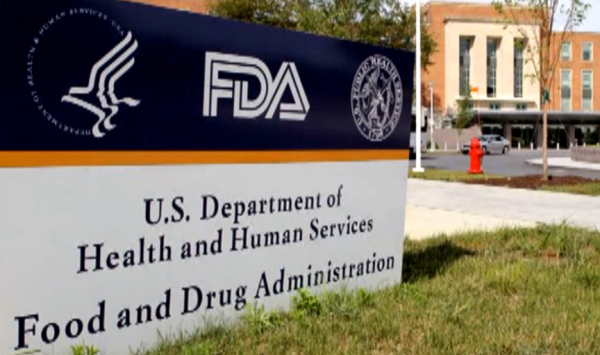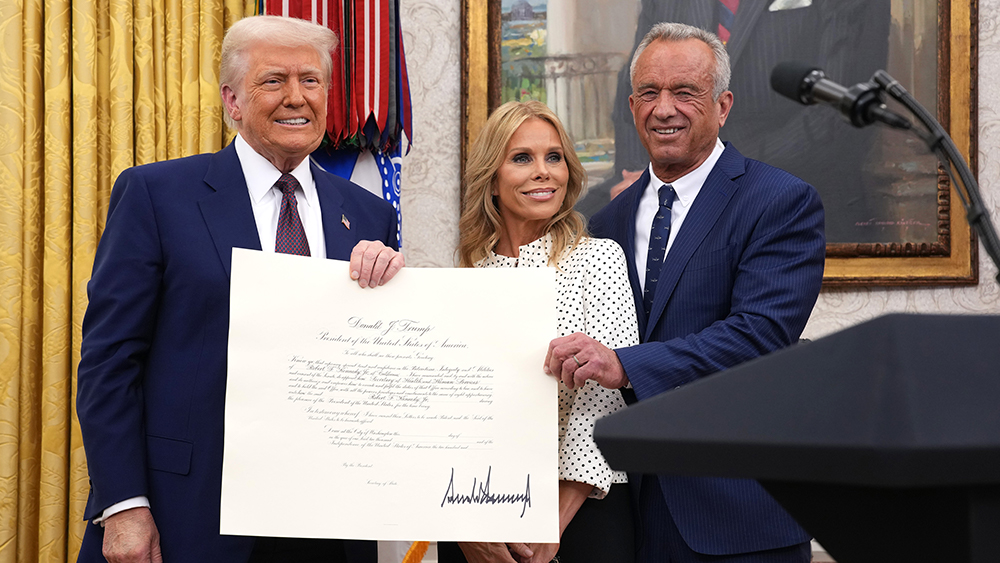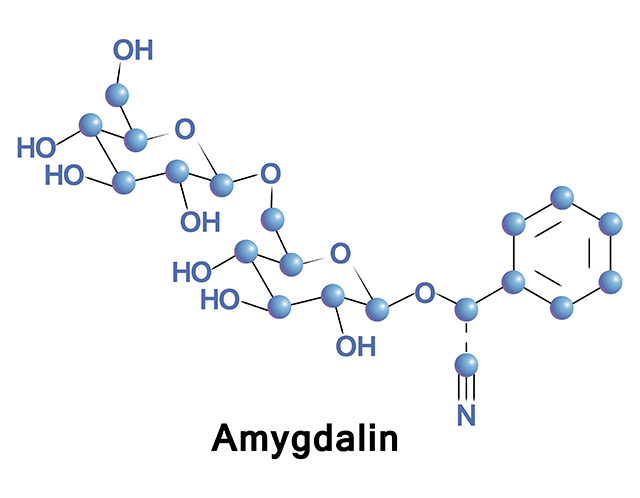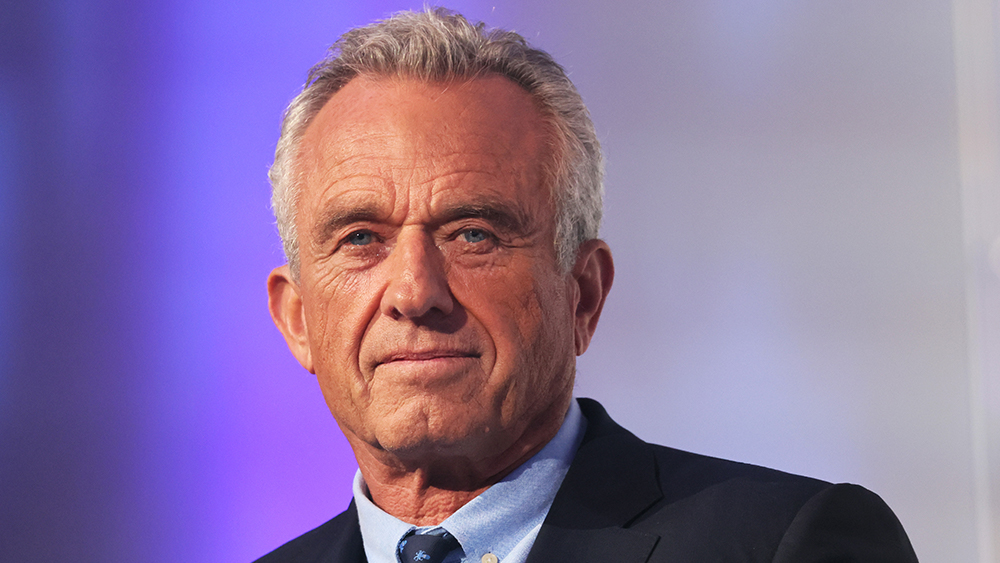 Parler
Parler Gab
Gab
- The FDA announces a policy to remove pharmaceutical industry representatives from its advisory committees.
- Commissioner Dr. Marty Makary cites the need to reduce industry influence and restore public trust.
- The FDA aims to strengthen patient and caregiver voices, eliminating industry influence.
- The move is part of a broader effort to ensure the FDA's independence and integrity in regulatory decisions.
A history of industry influence embedded in government agencies
The FDA operates 32 advisory committees that cover a wide range of areas, including vaccines, medical devices, and pharmaceuticals. While most committee members are federal employees or independent scientific experts, several panels have included representatives from pharmaceutical companies. For example, the Vaccine and Related Biological Products Advisory Committee (VRBPAC) has had representatives from Pfizer and Dynavax at recent meetings. Critics have long argued that the presence of industry representatives, even as non-voting members, can subtly sway the opinions of voting members. This influence has been particularly evident in the approval of drugs and vaccines, where the financial interests of pharmaceutical companies can conflict with public health priorities. Makary emphasized the urgency of restoring confidence in the FDA’s integrity. “Public trust in the healthcare-industrial complex is at an all-time low,” he said. “We need to restore impeccable integrity to the process and avoid potential conflicts of interest.” The decision to remove industry representatives from advisory committees is part of a broader effort to increase transparency and accountability within the FDA. This initiative aligns with the U.S. Department of Health and Human Services Secretary Robert F. Kennedy Jr.’s commitment to “radical transparency” and the mitigation of perceived industry influence.Strengthening patient voices, not industry agendas
As part of this new policy, the FDA will prioritize and elevate the role of patients and caregivers, ensuring that their voices are heard in the regulatory process. “While the FDA should be partnering with industry to ensure a user-friendly review process, the scientific evaluation of new products should be independent,” Makary explained. The agency will continue to allow employees of regulated companies to attend and present their views at advisory committee meetings, but they will no longer serve as official members. Exceptions can be made in rare circumstances, such as when the scientific expertise in a specific area is only available from an employee of an FDA-regulated company, provided that the official strictly complies with applicable ethics requirements.Examples of industry influence
The history of the FDA is riddled with examples of industry influence that have harmed public health. For instance, the approval of Vioxx, a pain reliever that was later found to increase the risk of heart attacks and strokes, is a stark example of how industry pressure can lead to dangerous outcomes. Similarly, the widespread use of trans fats in processed foods, which were later banned due to their health risks, demonstrates how the food industry can push harmful products through regulatory loopholes. The evidence is everywhere, from a long list of cancer-causing synthetic dyes permeating American food products, to vaccines that are three times more likely to hospitalize children for the very infection that they are supposed to prevent! In the pharmaceutical sector, the opioid crisis has highlighted the devastating consequences of industry influence. Drugs like OxyContin, which were aggressively marketed despite known risks of addiction, have contributed to a public health emergency that has claimed thousands of lives. The COVID-19 outdid the OxyContin scandal, in terms of scope and mortality, and the FDA continues to approve boosters of the same mRNA vaccine design in the wake of catastrophic devastation to people's lives and livelihoods. The FDA’s decision to remove pharmaceutical industry representatives from its advisory committees is a crucial step toward restoring public trust and ensuring that regulatory decisions are made in the best interest of public health. As Commissioner Makary noted, “We need to ensure that the FDA’s decisions are based on sound science and not corporate interests.” The success of this policy will depend on the FDA’s continued commitment to transparency and the active involvement of patients and caregivers in the regulatory process. Removing industry insiders is a great first step, but a new, independent FDA will need to immediately go to work at dismantling all the systems and policies that have enabled industry to dominate the government for years. Sources include: YourNews.com Reuters.com FDA.gov ScienceDaily.comHealth Ranger Report: Dr. Suzanne Humphries discusses RFK Jr.’s SECRET BATTLE against the HHS swamp
By Kevin Hughes // Share
Common cosmetic and food packaging chemical blamed for deadly heart disease surge
By Cassie B. // Share
FDA commissioner stands firm on mifepristone access despite pressure from pro-life groups
By Laura Harris // Share
Grassroots health revolution gains momentum as MAHA movement expands beyond RFK Jr.
By Willow Tohi // Share
DMSO: A new era in pain management
By Ramon Tomey // Share
Governments continue to obscure COVID-19 vaccine data amid rising concerns over excess deaths
By patricklewis // Share
Tech giant Microsoft backs EXTINCTION with its support of carbon capture programs
By ramontomeydw // Share
Germany to resume arms exports to Israel despite repeated ceasefire violations
By isabelle // Share










